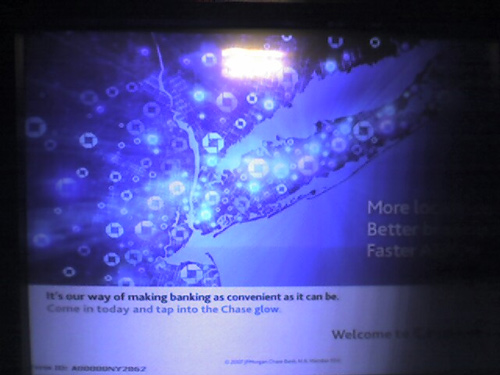Early 1980s (Odessa, Soviet Union)
Most of the walls of my parent’s apartment were lined with bookshelves. When bored, all I needed to do to get a good book to read was to climb the shelves, read the titles and colophons, and taked one. It was best to look in the areas that proved fruitful previously, mining the locations full of science fiction anthologies and historical prose. All that I needed to do was to replace the book when done and not let my father catch me leaving the book open face up or otherwise mistreating it.
Mid 80s (Odessa, Soviet Union)
I remember sitting in a public library while my father combed the bookshelves for something interesting. It always took him hours because 99 percent of the books contained political propaganda, speeches by various politburo members and turgid prose of social realists. The pickins were slim.
Late 80s (Odessa, Soviet Union)
Decent foreign and homegrown sci-fi books were available for purchase in an outdoor market. While pricey, my dad purchased everything good in sight. The home library was overflowing. This is also when I learned the meaning of arbitrage.
Early 90s (New York City)
I spent hours in the bowels of Strand Bookstore. My hands were plenty sore bringing home stacks of hardcovers and paperbacks that cost me from 25 cents to $3. I could not understand why anyone would want to spend more than 25 cents on a paperback. Besides Strand there were library sales – I once bought a dozen tete-beche pulps for a quarter each.
Mid 90s (New York City)
Besides raiding Strand, I would sometimes go to Barnes and Noble and splurge on paperbacks that I really wanted at $6.99 each or worse.
Early 2000s. (New York City)
My first job at a publishing company introduced me to free review books. My library swelled. I also purchased my first real ebook readers (reading on a Palm device does not count): a Softbook and a Rocketbook (at the time I worked at a company that produced both of them). Converting text files and web pages into .rb format was a pain in the ass, but these kinds of “books” were free. After reading a Rocketbook for a couple of hours in a dark bedroom I’d see the glow of its backlight for the next 15 minutes. The future of the book was freaky. The official ebook pricing for Rocketbook was the same as for hardcovers (if I remember this correctly) and seemed like an insane waste of money. Rocketbook died a slow death, so it actually was.
2000s. (New York City)
The online ordering of books at Amazon, ABEBooks and the like revolutionized book buying for me. Now I could get exactly what I wanted for a few bucks over what a paperback would cost me at Strand. An average price of a purchase was $3-$5. Sometimes I’d splurge on a rare or an autographed book (this is how I ended up with a $250 Cray at Chippewa Falls. More free books at work – working for publishing companies is awesome.
Now (New York City)
My home library is a drag: finding a book is hard, searching inside a book – well, impossible. Plonking down $13 on a Kindle copy does not seem like insanity any more: the book arrives in minutes and is completely searchable. But staring me in the face is a $2.99 paperback of the same book on Amazon. The cost of instant delivery, searchability and the cost of keeping the clutter down turns out to be about ten dollars. But what about books that are not available on Kindle and have a $2.99 used copy available? These are heartbreaking.
I keep wondering about the fate of my library – should I purge it? Should I donate it? Should I have the nice people of Strand Bookstore drag it away completely? Should I put every book into a database and then pack everything away into plastic boxes and store in the basement?
In the past I was usually heartbroken because I could not obtain a book at all, or could not afford it. The modern book buying heartbreak is of a very different type indeed.



